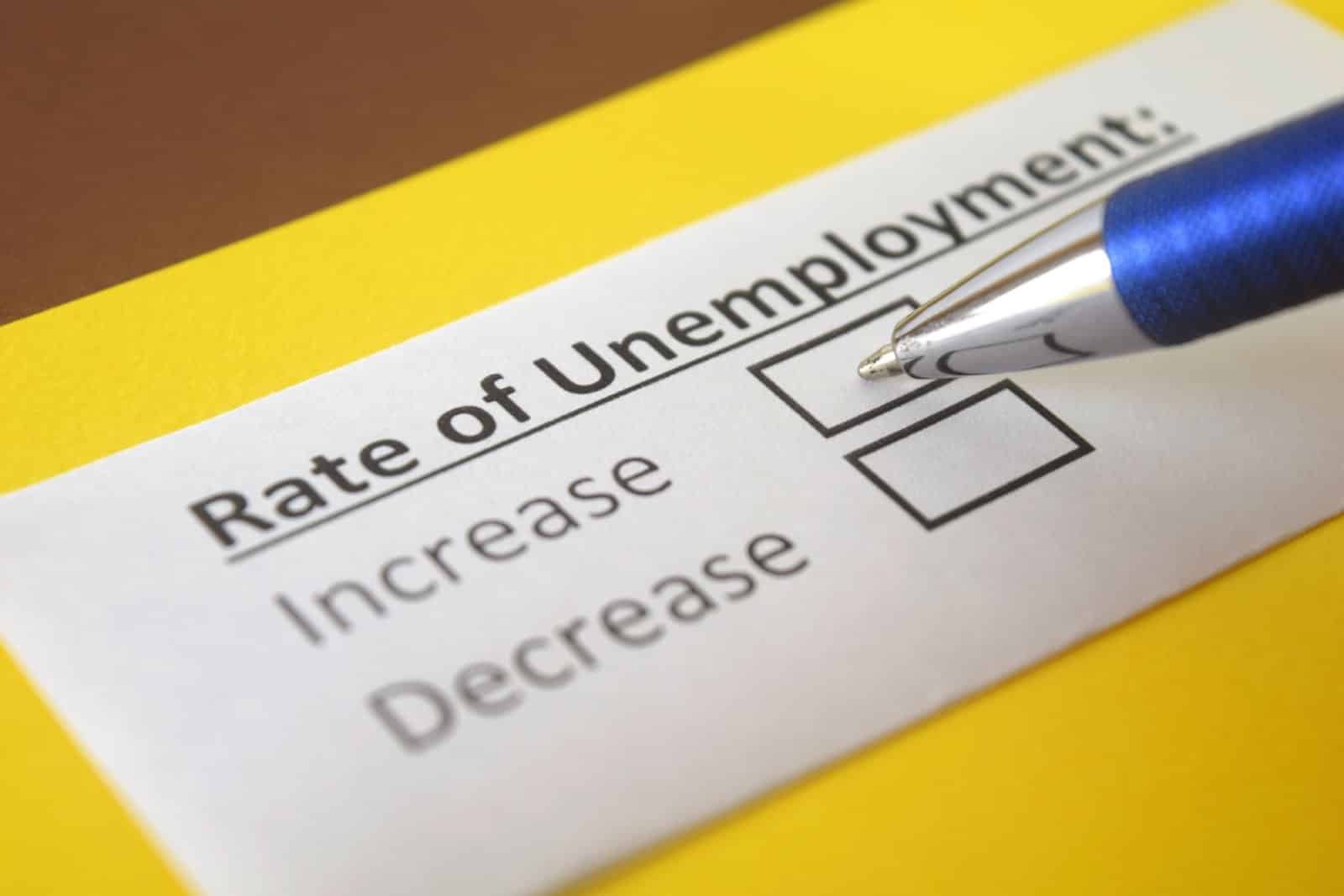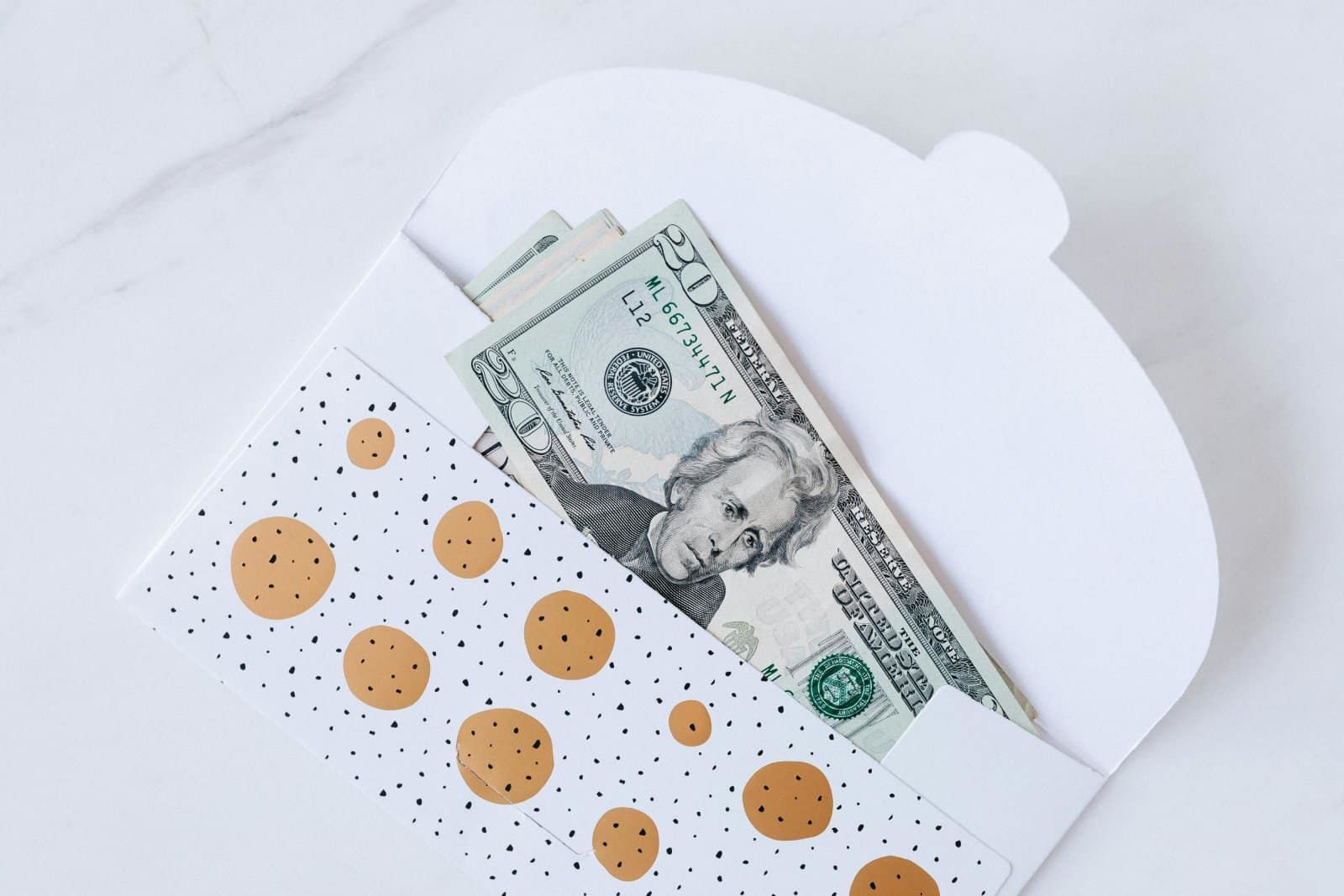Despite a miserable view of the economy, Americans are spending like never before. From retail therapy to essential services, customer behavior just isn’t making sense. But what’s driving this surge in spending when the economy seems so bleak?
A Pricey Pandemic

During the pandemic, Americans trapped inside turned to online shopping for everything from luxury goods to hobby supplies. E-commerce sales soared by 43% in 2020, in no part thanks to stimulus checks that padded out savings accounts.
A Boost To The Economy

Despite warnings from economists about an impending recession and the “death of the consumer,” spending never took a hit. Instead, it improved economic growth throughout 2023 and early 2024.
Inflation Rising

Inflation peaked at 9.1% in June 2022 and has remained high. But consumer spending increased by 0.8% in March 2024, far beyond what experts had predicted.
Is The Spree Over?

April saw no growth – which could suggest that the shopping spree is over. But this data doesn’t include spending on services, like healthcare and insurance, which have risen significantly while prices for these have also risen significantly.
Too Soon To Say

Economists suggest that while spending might cool off later this year, it’s too early to say a slowdown is happening now. High interest rates, which the Federal Reserve is not expected to cut until late 2024, will likely stop spending eventually – although you can never be sure.
Spending Still On The Up

While many Americans feel depressed when it comes to the economy, this feeling hasn’t slowed spending.
Low Consumer Sentiment

The University of Michigan’s consumer sentiment index hit a low of 67.4 out of 100 in May, which shows that the majority of the public has some form of economic worries.
High Earners Driving Spending

Despite this, the top 20% of earners – people who make at least $244,025 per year – are continuing to push consumer spending statistics.
Rich Households Flush With Cash

In fact, they’re responsible for a huge share of overall consumer spending when you look at the data. These rich households have largely been free from any economic worries and are currently flush with cash.
Savings In The Bank

During the pandemic, savings rates hit an all-time high of 32% in April 2020, thanks to stimulus checks. Now those savings are nearly gone, but spending hasn’t stopped. According to economists, these savings could last until mid-2024 or mid-2025.
Homeowners’ Low Mortgage Rates

A lot of high-income homeowners were lucky to lock in a low mortgage rate before interest hikes began in March 2022, and rising home values have only increased their spending power.
Big Gains From The Stock Market

Investment funds have also seen big gains, as the stock market has hit new highs in the last few months. Rich Americans, especially the older ones with government bonds, are benefiting from higher interest rates – meaning more spending from their investment income.
Poorer Americans Struggling

While high-income consumers continue their spending spree, not all Americans are doing as well. Low-income households are struggling with rising prices and mounting credit card debt. Despite the fact that inflation has come down, these families are finding it harder to make ends meet.
Prices Remain High

Even though inflation has dropped, prices have remained the same, creating a knock-on effect for those poorer families.
America’s Debt Dilemma

Research shows that credit card debt, which was down during the pandemic, has bounced back to pre-pandemic levels. The average balance rose by 8.5% to $6,218 in the past year. More than half of those earning less than $25,000 have credit card debt.
Economic Doubt Across The Board

These economic issues are contributing to overall economic doubt, especially among those living paycheck to paycheck.
Unemployment To Rise?

Although the job market is currently strong, analysts predict there will be a rise in the unemployment rate from 3.8% to 3.9% and a slowdown in wage growth in 2024.
Consumer Spending Statistics Won’t Change

This could further impact poorer Americans, but likely won’t make a dent in consumer spending statistics as they make up a smaller share of total spending when compared to the rich.
How Long Will This Last?

The big question is how long this spending trend can last. Some analysts believe the stock market is due for a big correction, which could finally curb high-income spending and would probably make a big dent in some people’s investment portfolios. Plus if interest rates stay high, everyone might start to feel more financial pressure.
Looking Ahead

Richer households continue to drive spending, thanks to savings, investments, and rising home values, while poorer families are struggling with debt, food insecurity, and inflation. Whether there will be any relief for poorer families remains to be seen, and ultimately it’s in the Fed’s hands.
Budget Boss: 12 Tips for Managing Your Money Wisely

Embarking on a journey to master budgeting requires evidence-based strategies supported by research to manage your finances effectively and achieve your financial goals. Here are 12 research-backed tips, along with actionable steps to implement them, for mastering budgeting and maximizing your financial well-being. Budget Boss: 12 Tips for Managing Your Money Wisely
Ranking the Top and Bottom 24 U.S. Universities

Wondering which universities are the cream of the crop and which ones fall short of the mark? Today, we’re ranking the 24 best and worst universities in the United States to give you the inside scoop on higher education excellence and disappointment. Are you ready to uncover the highs and lows of academia? Ranking the Top and Bottom 24 U.S. Universities
18 Trending Jobs That Let You Travel While Working

Dreaming of turning your wanderlust into a way of life? Believe it or not, there are careers that not only allow but encourage you to explore the globe, dive into new cultures, and collect experiences instead of things. Here are 18 unconventional jobs that offer just that, with a bit more insight into each. 18 Trending Jobs That Let You Travel While Working
Featured Image Credit: Shutterstock / Ollyy.
The content of this article is for informational purposes only and does not constitute or replace professional financial advice.
For transparency, this content was partly developed with AI assistance and carefully curated by an experienced editor to be informative and ensure accuracy.




Leave a Reply